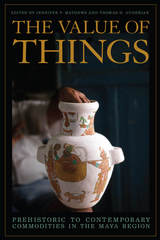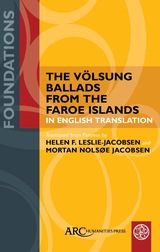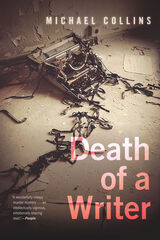
The publication of Scream causes a storm of publicity: a whirlwind into which Adi, Horowitz and the still-incapacitated Pendleton are thrust. The novel is treated as an existential masterpiece and looks set to bring its author the success he's always sought – when, ironically, he is no longer in a condition to appreciate it – until questions begin to be asked about its content: in particular about the uncanny resemblance between Pendleton's fictional crime and a real-life, unresolved local murder. Enter Jon Ryder, a world-weary detective who could have walked off the pages of a police thriller, and the hunt for the murderer is on.
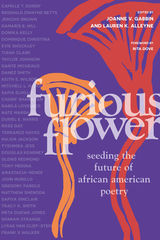
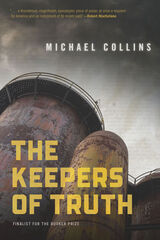
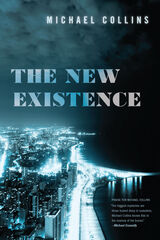
Chicagoan Helen Price, a dying woman, recounts her life while driving toward an oncology appointment. She attempts to take her own life, survives, then dies under tragic circumstances.
In death, Helen bequeaths the family home to her only son, gay playwright Norman Price. Father to an adopted Chinese child, and recently broken up with his partner, Norman’s life is in crisis. Helen also bequeaths a series of tapes to Nate Feldman, a Vietnam draft dodger ensconced in the far reaches of Canada, and the son of Helen’s former boss, Theodore Feldman. Nate’s return to America to claim the tapes occasions confronting a history of animus between father and son, but also the nature of the relationship between Helen Price and Theodore Feldman.
Told from moving cars, the journeys of Norman Price and Nate Feldman converge toward unexpected mysteries and revelations that uncover not so much lies as understandings of life that no longer hold under the scrutiny of the present
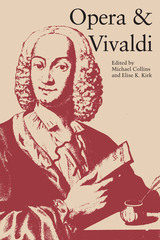
From the New York Times review of the Dallas Opera's performance of Orlando furioso and the international symposium on Baroque opera: ". . . it was a serious, thoughtful, consistent and imaginative realization of a beautiful, long-neglected work, one that fully deserved all the loving attention it received. As such, the production and its attendant symposium made a positive contribution to the cause of Baroque opera . . . . "
Baroque opera experienced a revival in the late twentieth century. Its popularity, however, has given rise to a number of perplexing and exciting questions regarding literary sources, librettos, theater design, set design, stage movement, and costumes—even the editing of the operas.
In 1980, the Dallas Opera produced the American premier of Vivaldi's Orlando furioso, which met with much acclaim. Concurrently an international symposium on the subject of Baroque opera was held at Southern Methodist University. Authorities from around the world met to discuss the operatic works of Vivaldi, Handel, and other Baroque composers as well as the characteristics of the genre. Michael Collins and Elise Kirk, deputy chair and chair of the symposium, edited the papers to produce this groundbreaking study, which will be of great interest to music scholars and opera lovers throughout the world.
Contributors to Opera and Vivaldi include Shirley Wynne, John Walter Hill, Andrew Porter, Eleanor Selfridge-Field, Howard Mayer Brown, William Holmes, Ellen Rosand, and the editors.

Donald Jay Grout’s widely praised edition of the work of a key figure in the history of opera provides the most reliable version of the score for each opera, appending a translation of the libretto. These volumes are “at once practical and unquestionably scholarly” in the words of Opera Journal.
A tale of love and honor in the opera seria tradition, Tigrane was first performed at Naples in 1715. This edition of it will please performance groups and music historians alike.
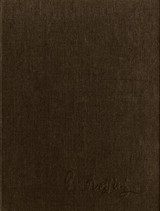
The first of eight serious operas newly-written for the Teatro San Carlo of Naples, Otello reveals Rossini as a composer deeply concerned with both character development and large-scale musical forms. Desdemona's "Willow Song" is a fine example: here not only is variation technique used for dramatic ends, but the song itself forms part of a larger scheme that encompasses the entire third act as a single, unified piece.
Far more than a mere forerunner to Verdi, Rossini's Otello deserves to be known for its own innovative qualities.
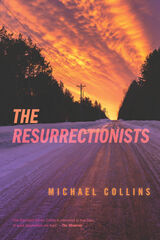
PNBA Novel of the Year
New York Times Notable Book of the Year
Haunted by the deaths of his parents and uncle, Frank Cassidy journeys north to dispute a cousin's claim to the family farm, where he meets a stranger who might resolve mysteries about Frank's past.READERS
Browse our collection.
PUBLISHERS
See BiblioVault's publisher services.
STUDENT SERVICES
Files for college accessibility offices.
UChicago Accessibility Resources
home | accessibility | search | about | contact us
BiblioVault ® 2001 - 2025
The University of Chicago Press




